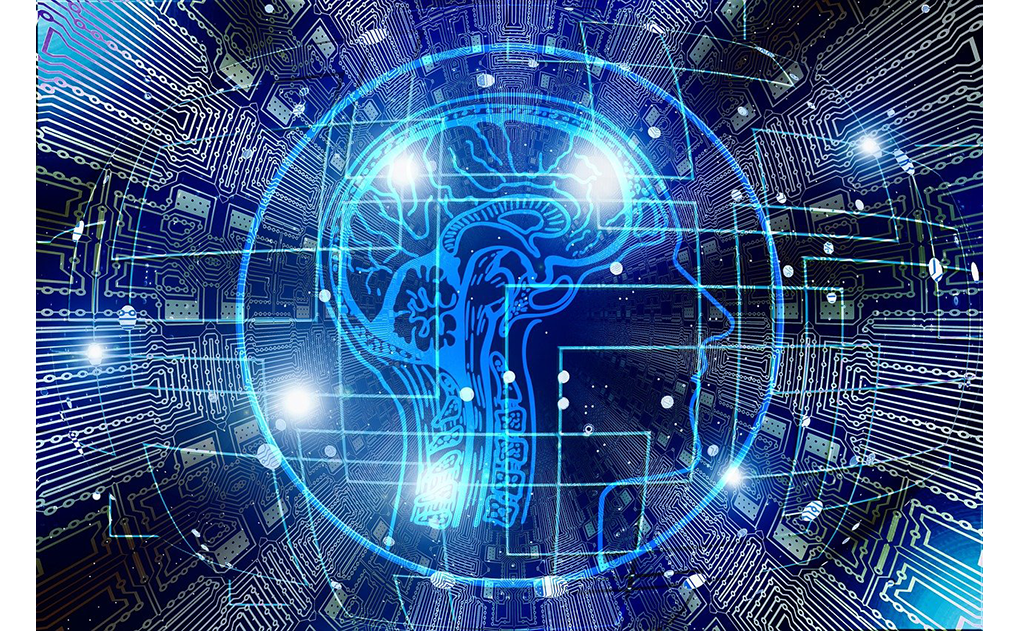Advantages:
-
Efficiency: AI can perform tasks faster and more accurately than humans, leading to increased efficiency in various industries.
-
24/7 Availability: AI systems can operate around the clock without getting tired, ensuring continuous service.
-
Data Analysis: AI algorithms can analyze large volumes of data quickly to identify patterns, trends, and insights that may not be apparent to humans.
-
Automation: AI enables automation of repetitive tasks, reducing the need for manual intervention and freeing up human resources for more complex tasks.
-
Precision Medicine: AI can help healthcare professionals make more accurate diagnoses and personalized treatment plans based on individual patient data.
-
Enhanced Security: AI-powered systems can detect and prevent cybersecurity threats more effectively than traditional methods.
-
Improved Customer Service: AI chatbots and virtual assistants can provide immediate and personalized customer support, enhancing user experience.
-
Innovation: AI drives innovation by enabling the development of new products, services, and solutions across various industries.
Disadvantages:
-
Job Displacement: AI automation can lead to job losses in certain sectors, affecting employment opportunities for humans.
-
Bias and Discrimination: AI systems can inherit biases present in training data, leading to unfair or discriminatory outcomes.
-
Privacy Concerns: AI technologies, especially in surveillance and data collection, raise privacy concerns related to personal data protection.
-
Dependency: Over-reliance on AI systems without proper human oversight can lead to catastrophic failures if the technology malfunctions.
-
Ethical Issues: AI raises ethical dilemmas regarding accountability, transparency, and decision-making in critical areas such as healthcare, criminal justice, and warfare.
-
Complexity: Developing and maintaining AI systems require specialized skills and resources, making it inaccessible for smaller organizations or individuals.
-
Security Risks: AI systems are vulnerable to cyber-attacks, and malicious actors can exploit weaknesses in AI algorithms for nefarious purposes.
-
Unemployment: As AI continues to evolve, it may lead to significant unemployment in various sectors, requiring re-skilling and adaptation of the workforce.
These are some of the key advantages and disadvantages associated with the development and deployment of artificial intelligence. The ethical, societal, and economic implications of AI continue to be topics of debate and discussion as the technology evolves.



